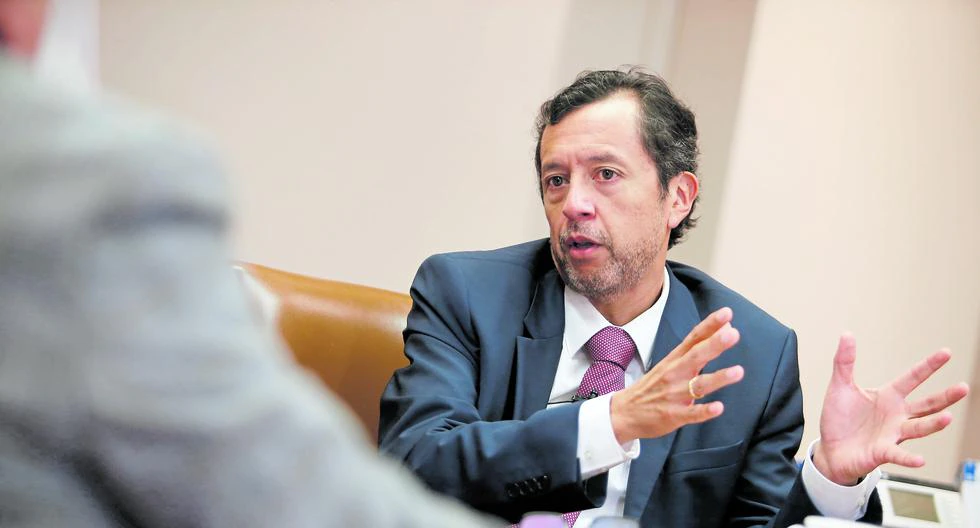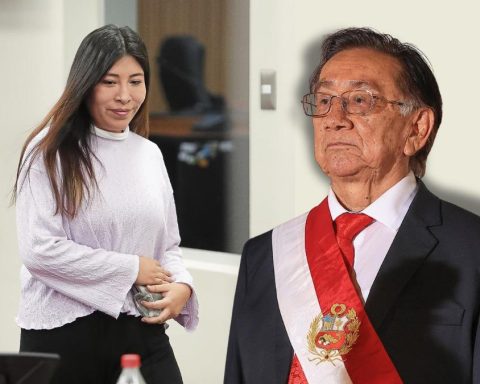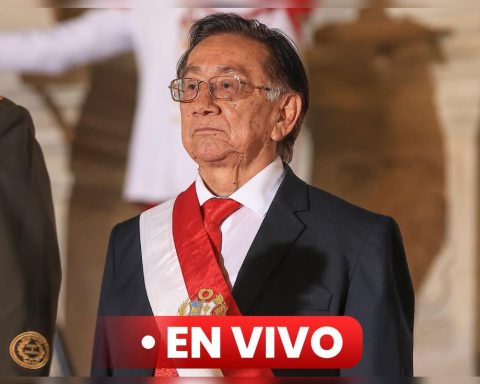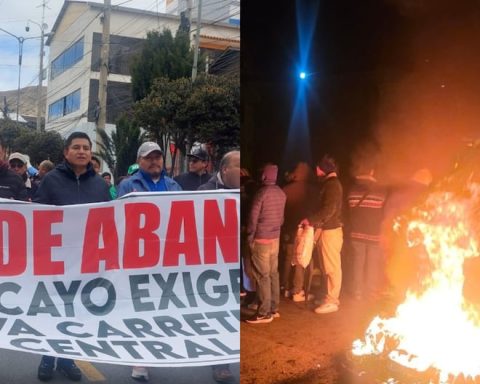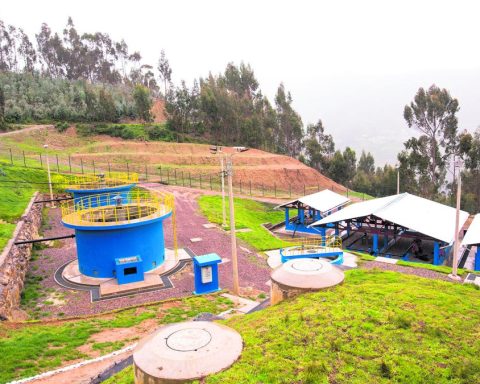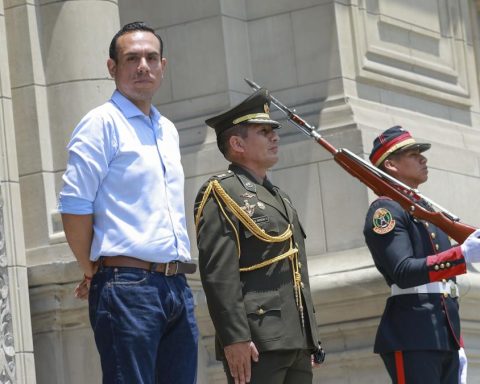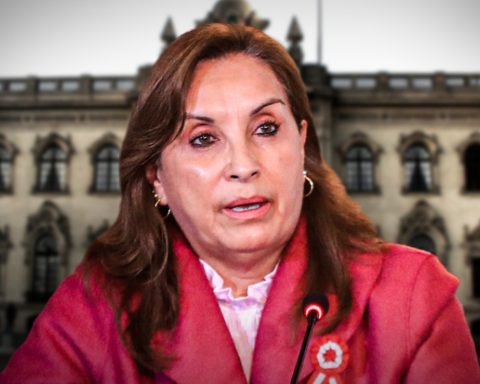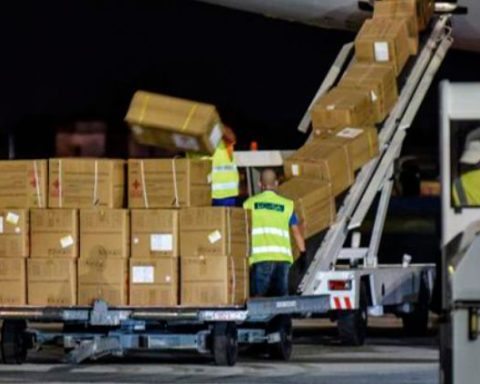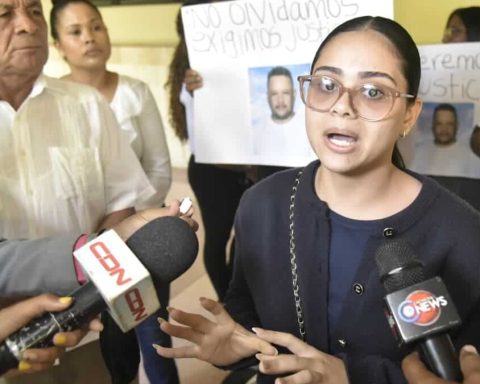This week the 2022 Competitiveness Report was presented, which proposes public policy initiatives in 11 crucial aspects to improve Peru’s competitiveness. This year, two pillars were incorporated: digital development and macroeconomic stability. The first came because of the new normality and the second because of the importance of the authorities using the country’s resources responsibly. David Toastpresident of the Private Competitiveness Council (CPC), talks about the report and analyzes the country’s situation in a context where good governance hangs in the balance.
They have presented the 2022 Competitiveness Report. In this they express concern about the inefficient spending of the State. How can it be reduced?
This comes from the discourse that we require more taxes in a context where the economy has just been hit, when a space of predictability and tranquility is required so that families and companies can recover. The insistence of the previous minister (of Economy, Pedro Francke) of wanting to impose taxes on miners, on capital gains, on wealth was a mistake because the Peruvian State has been demonstrating for quite some time that what it collects is not used, and when it does, in many cases it wastes the money of the Peruvians.
SIGHT: Easter holidays 2022: you can receive up to triple if you work Thursday and Good Friday
How is Peru competitive? We are in a situation where there has been a deterioration of governance and institutionality.
Institutionality is based on the efficiency of the State, on its ability to fulfill its social contract by providing quality basic services to citizens. In different surveys such as Latinobarómetro, Peru remains in the queue regarding the population’s perception of education, health, justice, and security services, to mention four important aspects. Behind this governance, a key element is to have good civil servants, which is what we call meritocracy in the State. And of course, (the lack of this) is an endemic issue.
Like Petroperu…
We have the case of Petroperú, which is basically generating junk bonds and it could cost all Peruvians more than US$4 billion. And when one checks, it turns out that when the new general manager (Hugo Chávez) arrived, he fired the entire management team and replaced them with officials who did not meet the level. In fact, there is a lapidary report from the Office of the Comptroller General of the Republic in October, which indicates that practically none of the officials appointed met the profile of the position and then we found out that the PwC auditor stated that she could not carry out the audit in the time that was requested because the officials who were in the institution did not know anything about the subject and had to get soaked. There you realize that if that has come to the surface. What will be happening in the public sector?
The carrier strike has already gotten out of hand for the government. What should the Executive do?
It must be understood that this is a global context (inflation and the rise in the price of crude oil due to the war between Russia and Ukraine). The issue is to provide support to those who have less. Before the carriers, there are the families. (…). On the issue of transportation, unfortunately this group has a history of keeping the government threatened. It is necessary to bring them to the negotiating table, but the problem is that there we come up again with the lack of human capital in the Government. We do not have people capable of carrying out adequate negotiations and we are seeing this not only in the carrier strike, but also in the conflict in the mining sector, where the Government is adopting an attitude of whistling, looking into the air and, when it can, throwing blame mining itself.
The Cuajone mine is paralyzed by blockades and is similar to what happened in Las Bambas. Looking to the side and only ‘putting out fires’ late is the new state policy?
That is the great concern, the conflict has been evolving on the one hand. On the other, it was required to have high-level officials, who had the ability to anticipate, especially considering that we are going into a complicated economic context. The context requires it, right? Circumstances would be very different today if we had had a government that since July 28 had been promoting confidence in private investment. We would be growing, but not at the rate of 2% like now, but more.
There is interest from the Government, to ‘downgrade’ to Serve and that it responds to the Ministry of Labor and no longer to the PCM. What effects could be generated?
The issue of Servir passing to the Ministry of Labor is part of the famous Agenda 19, which the current minister (Betssy Chávez) has positioned within the Council of Ministers. And what the ministry intends is to defend requests from the union forces regarding misunderstood rights, which imply absolute job stability and avoid meritocracy, that the best get better pay. If we are going to have teachers or officials paid with the taxes of all Peruvians, then let them be the best, right? The meritocratic concept does not fit with the vision that the Ministry of Labor has today, which should change its name (…). “The Ministry of Labor should be called the Trade Union Representative Ministry, and the unions represent barely 0.5% of the entire occupied PEA.”
KEEP IN MIND
- David Tuesta is an economist and doctor in Economics from the Pontifical Catholic University of Peru, he has been Minister of Economy and is currently president of the CPC.
- “The IDB points out that Peru has inefficient spending due to superfluous expenses in consultants, in duplication of hiring, among other aspects, for almost 2.5% of the Gross Domestic Product (GDP), which is outrageous,” warns Tuesta.
- “The Ministry of Labor is not concerned about the 75% of the economically active population that is in the informal sector. This is a ministry focused on the requests of the union forces.”
